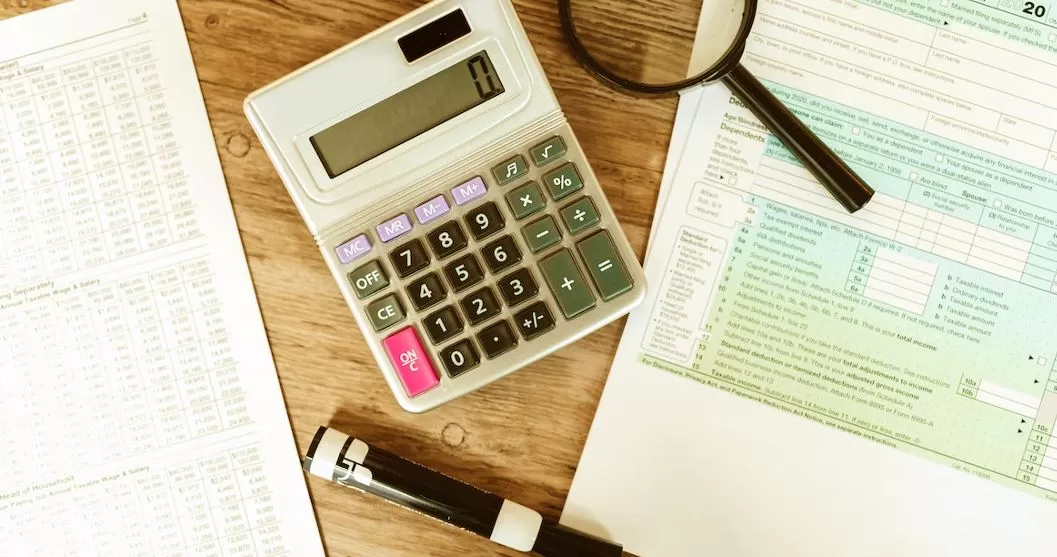5 Tips on How to Build a Business Credit Score
A strong business credit score allows businesses to secure loans at better terms and interest rates. Of course, a business loan can be essential for several purposes like expansion, emergency expenses, and even refinancing another business loan.
However, a business can’t just start with a good credit score. You have to work for it. But how exactly do you build a strong business credit score?
What is a Business Credit Score, and Why is it Important?
Business credit is a major financial tool for a business. It’s mostly used by businesses to qualify for business loans and other forms of financing. It can also help companies create good relationships with vendors, clients, and competitors in the same industry. Usually, business credit can function as a bargaining tool in different transactions and discussions between companies.
You may know about the effect of an excellent credit score on personal finances. Banks and lenders check your creditworthiness and decide if you’re qualified for their loan services. For example, Creditninja is a lender that offers various loan packages to borrowers with varying credit scores.
There are loans for borrowers with good credit scores and also for those with poor credit scores. However, bad credit loans typically come with higher interest rates. The same arrangements also apply to business loans.
With all of that out of the way, how exactly do you build your business credit score?
Establish Your Business
Of course, to have business credit, you must establish your business first. If your business is a new kid on the block, you might want to set up your business to look appealing to clients and vendors. Get a business number and put it up on listings in a directory. You could also get a business email address to make things easier for communication.
Another thing you could do is to get a P.O. Box or even your home address if your business doesn’t have a location yet. By looking professional to clients and vendors, they are more likely to help you in financial matters, especially to lenders, as without them, you won’t ever have business credit.
Register Your Business
Once you’ve established your operations, it’s time to register your business. Most businesses should be officially registered in the state. It’s usually the first step in establishing your business if you formed an entity like an S Corp or LLC. Remember, if your business isn’t registered, you won’t have business credit.
Get Accounts that Report to Business Credit Agencies
The most important information in your business credit report is how you pay your bills. It’s important since it’s one of the factors that lenders look at when determining how you’ll repay their loans. That said, you need to have accounts that will report to business credit agencies.
Ideally, you’d want to establish an account with lending companies that run credit reports. You’ll need at least 2 or 3 accounts, but having more will make it easier for you to build a strong business credit.
No lender or vendor is required to report to business credit agencies, but many of them do. Again, if you’re looking to build business credit, make an account with a company that reports to business credit agencies.
Open a Business Credit Card
Getting a business credit card that reports to credit agencies is a very good way to establish strong business credit. Not only that, but business credit cards also use a reward system through points you can redeem for free flights, accommodations, and even free vacations for you or your employees.
Most small business credit card issuers use the business owner’s credit score for evaluation. You can still qualify if you’re just starting your business.
It’s also a good decision to have more than one to increase your cash flow and even be prepared for emergency expenses in your business. However, you should be careful with overextending since not only will it reflect on your credit score, but your business credit might also be affected.
With a good payment history on your business credit card, your business credit should also improve.
Build Good Relationships with Vendors
As you build your business, you’ll know a lot of vendors that can create contracts, supply you with materials, and even help you create a network for your business. Also, if you have a good repayment history with them and they report to business credit agencies, you’ll benefit from improving your business credit.
Business is a matter of relationships; having good ones will do your business a lot of good, especially in terms of financing.
Final Words
Building a business credit can be hard at times, but you should remember that just like personal credit, business credit will improve through paying back on time. Not only that, but having a good relationship with lenders and vendors will also do your business a lot of good down the line. With strong business credit, your business should have few problems securing financing.










